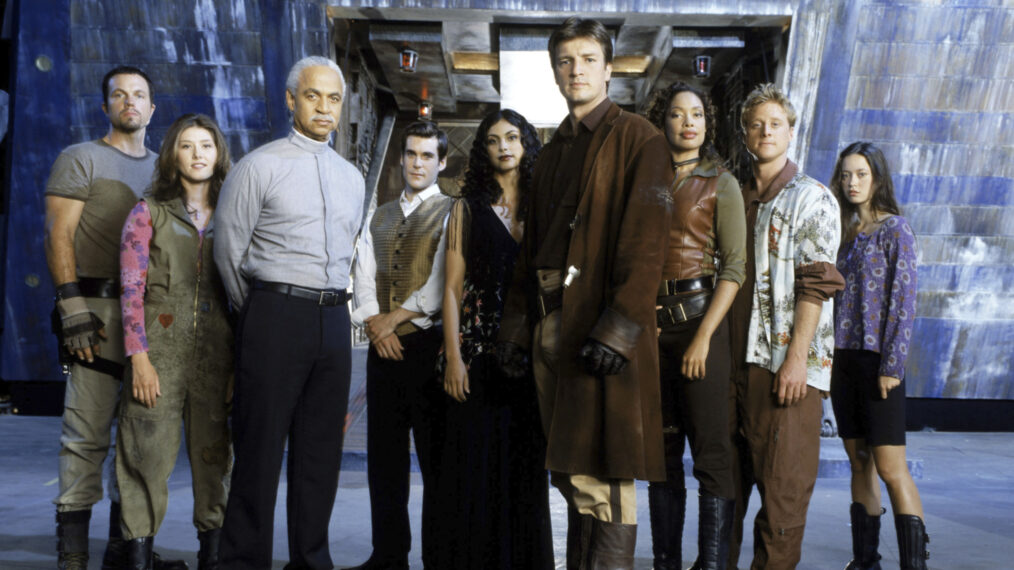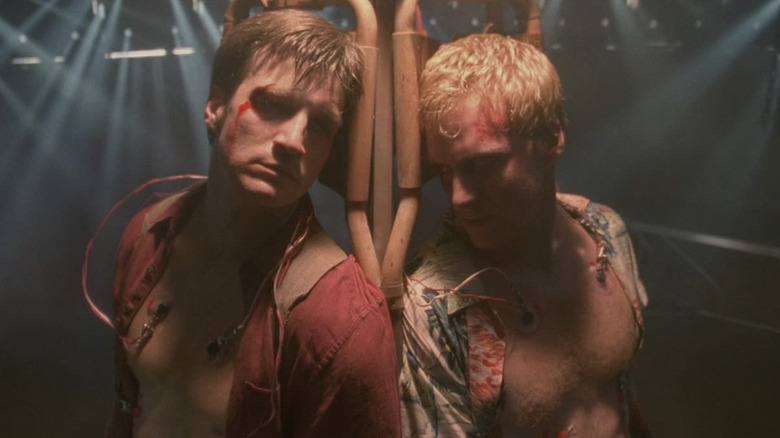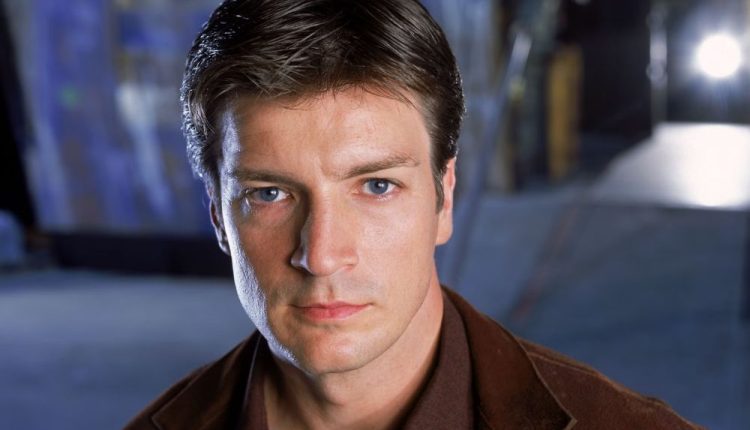Firefly Ending Explained: River’s Acceptance, Unanswered Mysteries, and What Came Next
Firefly remains one of television’s most beloved short-lived series, remembered as much for its abrupt cancellation as for its ambitious blend of western grit and space opera. With only 14 episodes, the series left fans with both a touching conclusion and a list of unresolved mysteries that would echo across later films and comics. Episode 14, “Objects in Space,” serves as the show’s unintended finale, and while it ties off River Tam’s Season 1 arc, it leaves viewers with countless questions about the wider universe.
Firefly’s Final Episode: River Finds Her Place
In “Objects in Space,” River Tam emerges as the emotional centerpiece of the crew’s final journey. Early scenes show her drifting through the ship, seemingly attuned to the private thoughts of her companions. What begins as tension—especially after she’s seen holding a gun—shifts when bounty hunter Jubal Early infiltrates Serenity.

River turns the tables, using her intelligence and intuition to outmaneuver him. By episode’s end, Mal expels Early into space, and the crew formally accepts River as one of their own. The finale closes on a sense of found family, reinforcing that Serenity’s crew is bound together not by blood but by loyalty.
The Alliance’s Secret Experiments on River
Although the finale highlights River’s place among the crew, it does little to answer the darker question: Why did the Alliance experiment on her? Through earlier episodes, viewers learn that sections of her brain were tampered with, granting her psychic and combat abilities but leaving her vulnerable to emotional instability.
The series hints that River was designed as a weapon—possibly against the Reavers. However, without a second season, Firefly never fully explained the Alliance’s motives. Later, the film Serenity suggested River carried knowledge of the Miranda cover-up, tying her trauma to the central conflict with the Reavers.
Serenity Movie and the Reaver Revelation
Released in 2005, Serenity attempted to tie up some of Firefly’s biggest mysteries. The movie revealed that the Reavers—cannibalistic marauders haunting the edges of space—were the unintended result of an Alliance experiment gone wrong on the planet Miranda.

The government had introduced a chemical to pacify the population. Instead, most citizens lost all drive and perished, while a small fraction reacted violently, becoming the Reavers. River’s knowledge of this secret placed her in constant danger, and Mal’s crew ultimately broadcast the truth to expose the Alliance’s actions.
Mal and Inara: A Romance Left Hanging
Among Firefly’s most compelling subplots was the unspoken tension between Captain Mal Reynolds and Inara Serra. In the final episode, Inara admits she plans to leave the ship, while River reveals the unspoken sadness both characters feel.
Though the film shows Mal and Inara still working together, their relationship remains unresolved. Fans were left to wonder if the two ever admitted their feelings or if their bond remained forever complicated by circumstance.
The Mystery of Shepherd Book
Perhaps the most enduring question left unanswered was the past of Shepherd Derrial Book. Subtle hints throughout the series—such as his recognition by Alliance officials—implied he was far more than a simple preacher.
The tragedy of Firefly’s cancellation is that this arc never reached the screen. Book’s death in Serenity closed the door, though later comics revealed his true identity as Henry Evans, a man with a violent past who infiltrated the Alliance as a spy before becoming a missionary.
Firefly’s Legacy in Books and Comics
Although television never delivered a Season 2, the Firefly story continued through novels and comic series, many produced with Joss Whedon’s approval. Titles such as Leaves on the Wind (2014), The Shepherd’s Tale (2010), and Big Damn Hero (2018) expand on the characters’ journeys.
While these extensions provided closure on certain arcs, they also reinforced the franchise’s open-ended nature. Much like Captain Mal himself, Firefly refuses to be grounded—the story persists across mediums, even without a definitive ending.
Why Firefly Still Resonates
More than two decades after its cancellation, Firefly remains a case study in both cult success and missed opportunity. The series blended sharp dialogue, genre-bending storytelling, and themes of family and resistance against authoritarian power. Its premature ending has become part of its identity, sparking fan campaigns, conventions, and continued demand for revival.
Though Serenity gave some resolution, Firefly’s unresolved mysteries—from Mal and Inara’s romance to the Alliance’s hidden agenda—are what keep fans revisiting the show. In that sense, Firefly’s ending wasn’t the closing of a door, but the start of a story that refuses to fade.
What’s your take? Did Firefly’s abrupt ending add to its legendary status, or do you still wish for a true continuation? Share your thoughts in the comments below on investrecords.com.


Comments are closed.